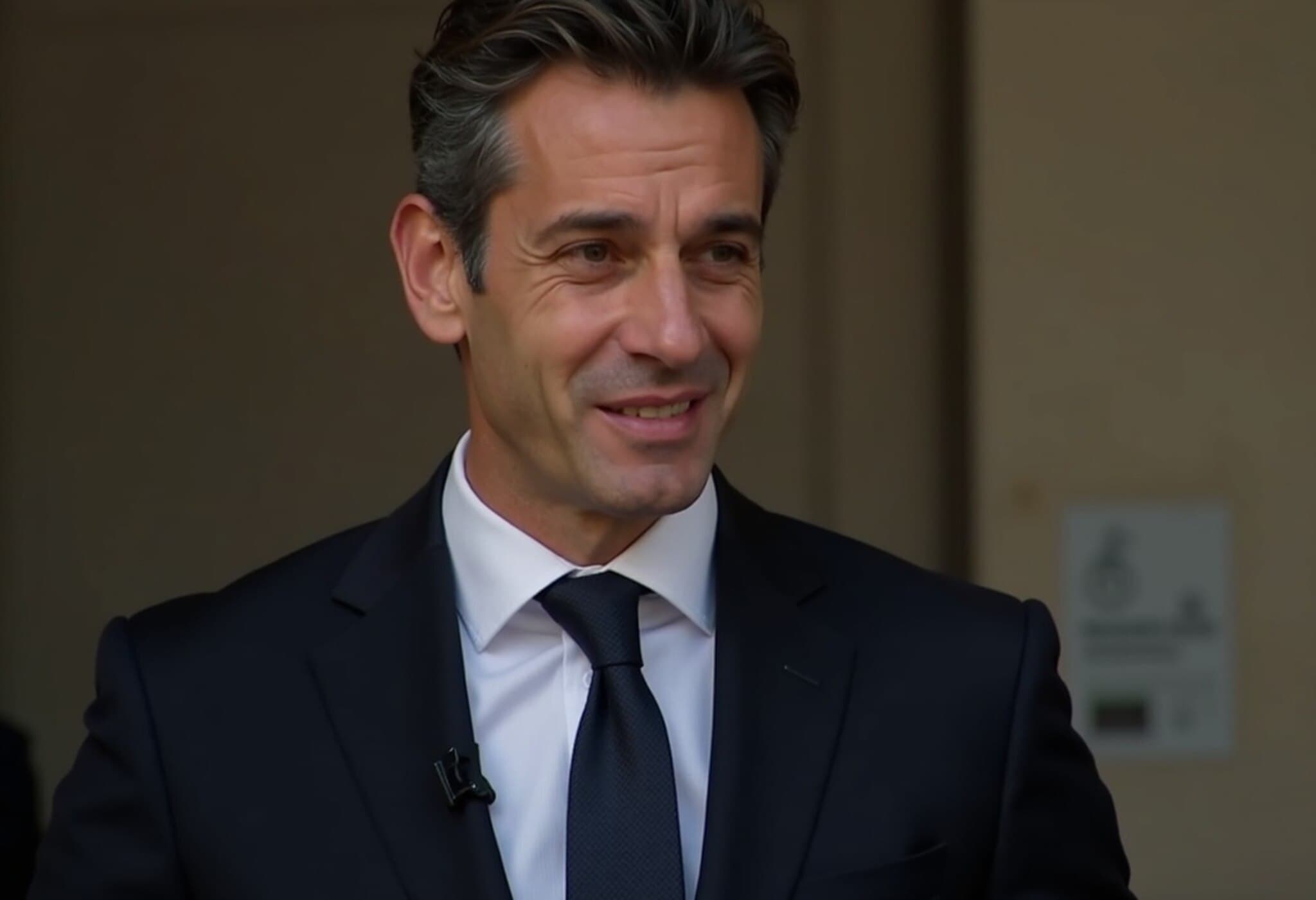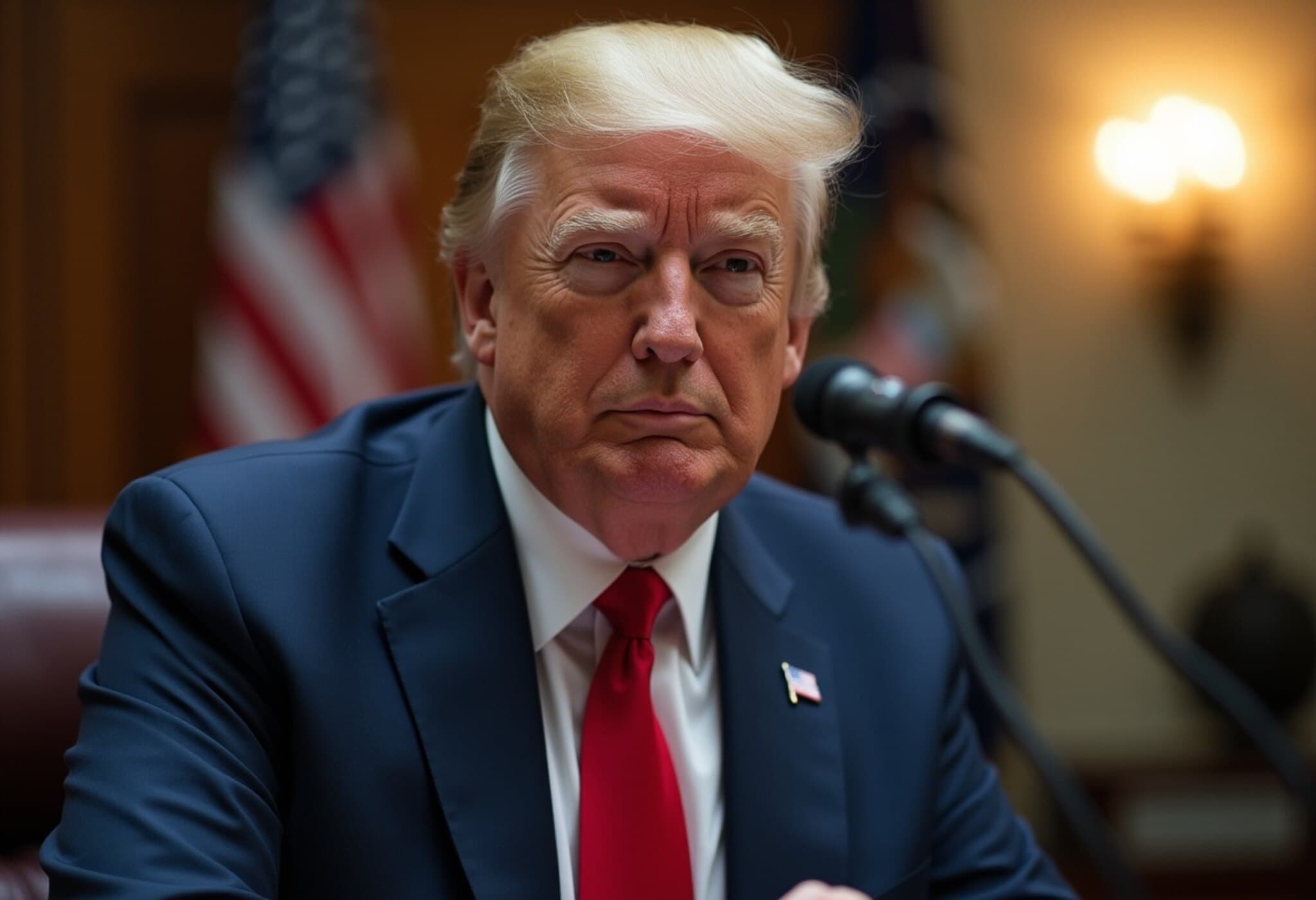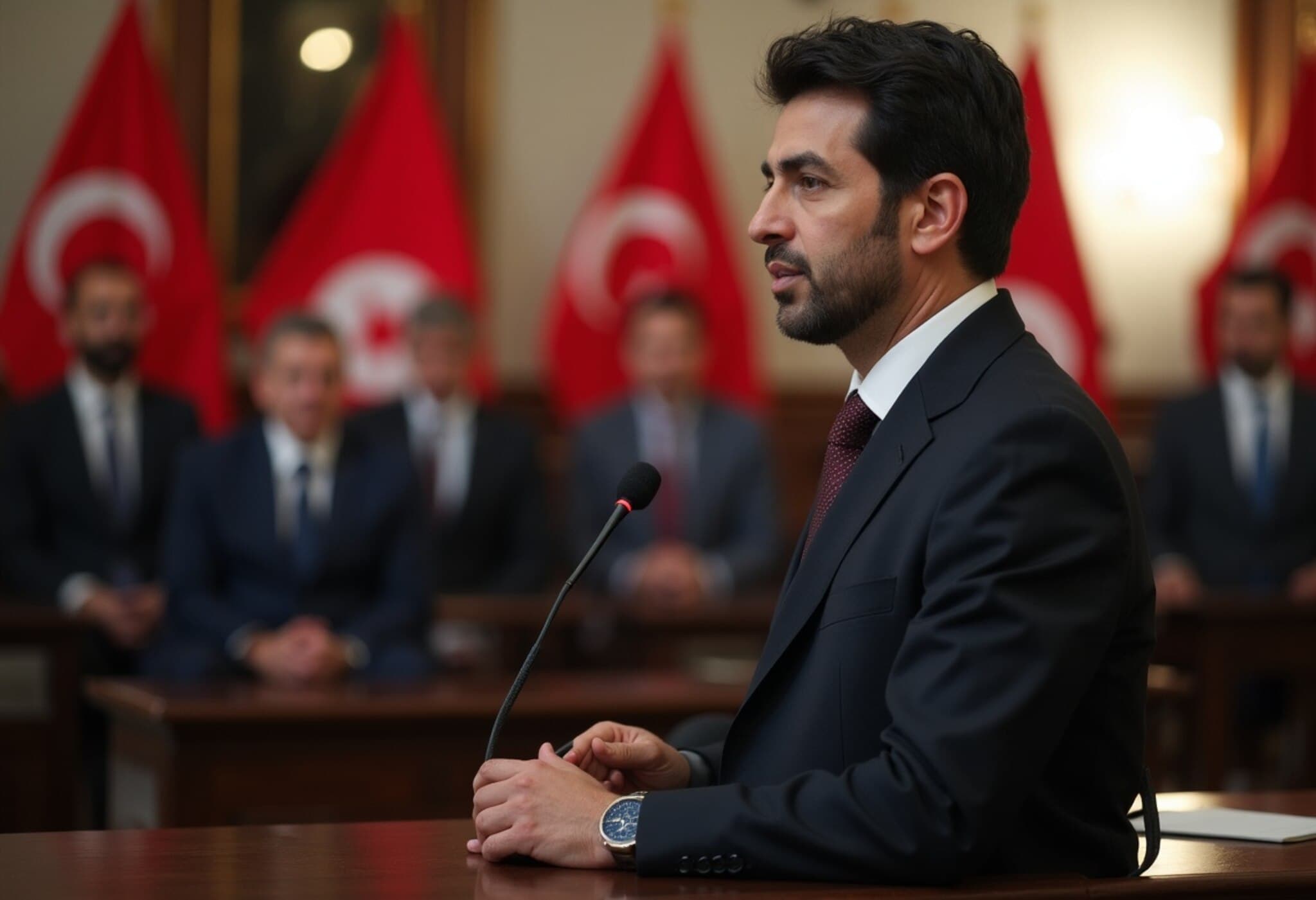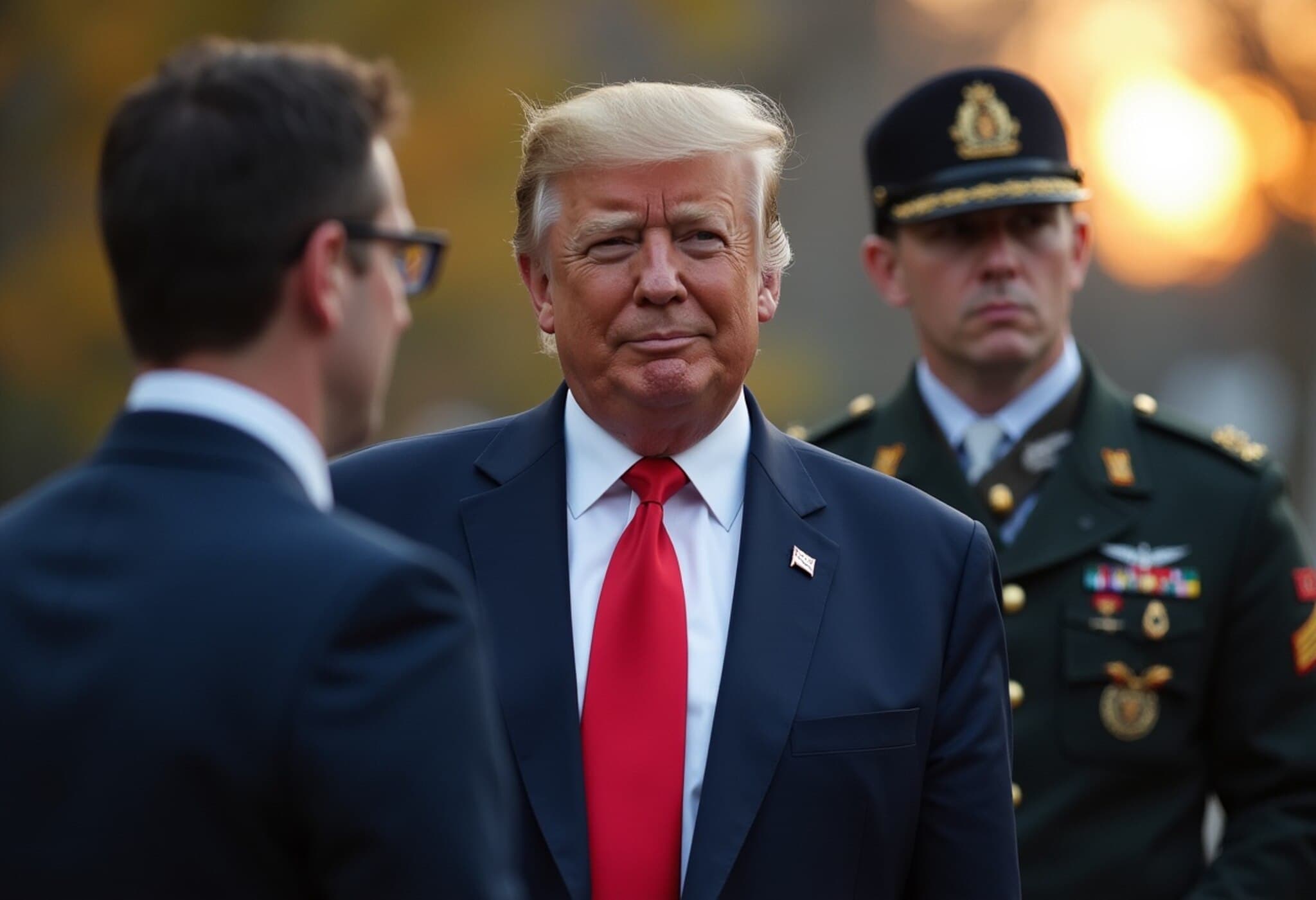Australian Broadcaster Ordered to Pay Rs 65 Lakh Over Journalist's Sacking
A Federal Court in Australia has ruled that the national broadcaster, ABC, unlawfully terminated a journalist after she shared a social media post concerning the Israel-Gaza conflict. The court mandated ABC to compensate $115,500 (approximately Rs 64.5 lakh) for breaching labor laws that protect employees’ political expression.
The Case Against ABC: Political Expression at the Heart
Antoinette Lattouf, a Lebanese-Australian journalist, challenged ABC following her dismissal in December 2023. Her case centered on an Instagram post she shared during the Israel-Hamas war, which highlighted a Human Rights Watch report accusing Israel of employing starvation as a warfare tactic in Gaza.
Justice Darryl Rangiah upheld Lattouf’s right to express political opinions, emphasizing that her firing violated Australia’s Fair Work Act. This law prohibits adverse actions against employees based on their political views or race. The judge noted that ABC’s termination was not linked to Lattouf’s Lebanese heritage, countering claims of racial discrimination.
A Controversy Fueled by Public Reaction and Lobbying
Following the post, ABC received numerous complaints alleging antisemitism and bias, which, according to Justice Rangiah, were part of an "orchestrated campaign by pro-Israel lobbyists". Lattouf was on a short-term contract, filling in on a morning radio program, and was dismissed abruptly, just three days into a five-day engagement, without clear explanation or opportunity to respond to the allegations.
ABC maintained that Lattouf violated their social media guidelines but contested that she was formally terminated, calling her role that of a freelance contractor.
Impact and Reflections from the Journalist
Lattouf expressed that the court’s decision highlighted the unlawfulness of penalizing someone for speaking out about humanitarian issues. She remarked on the continued "unspeakable suffering" of children in Gaza, reflecting that her dismissal was a direct consequence of voicing her political standpoint.
Legal and Media Implications
- The ruling underscores protections for journalists and employees in expressing political views without fear of reprisal.
- It also raises questions about how media organizations navigate political sensitivities and the independence of editorial content, especially for culturally diverse staff.
- The case sheds light on the power of online campaigns and lobbying efforts to influence media employment decisions.
This decision serves as a significant precedent affirming freedom of expression in journalistic and workplace contexts amidst contentious geopolitical debates.













